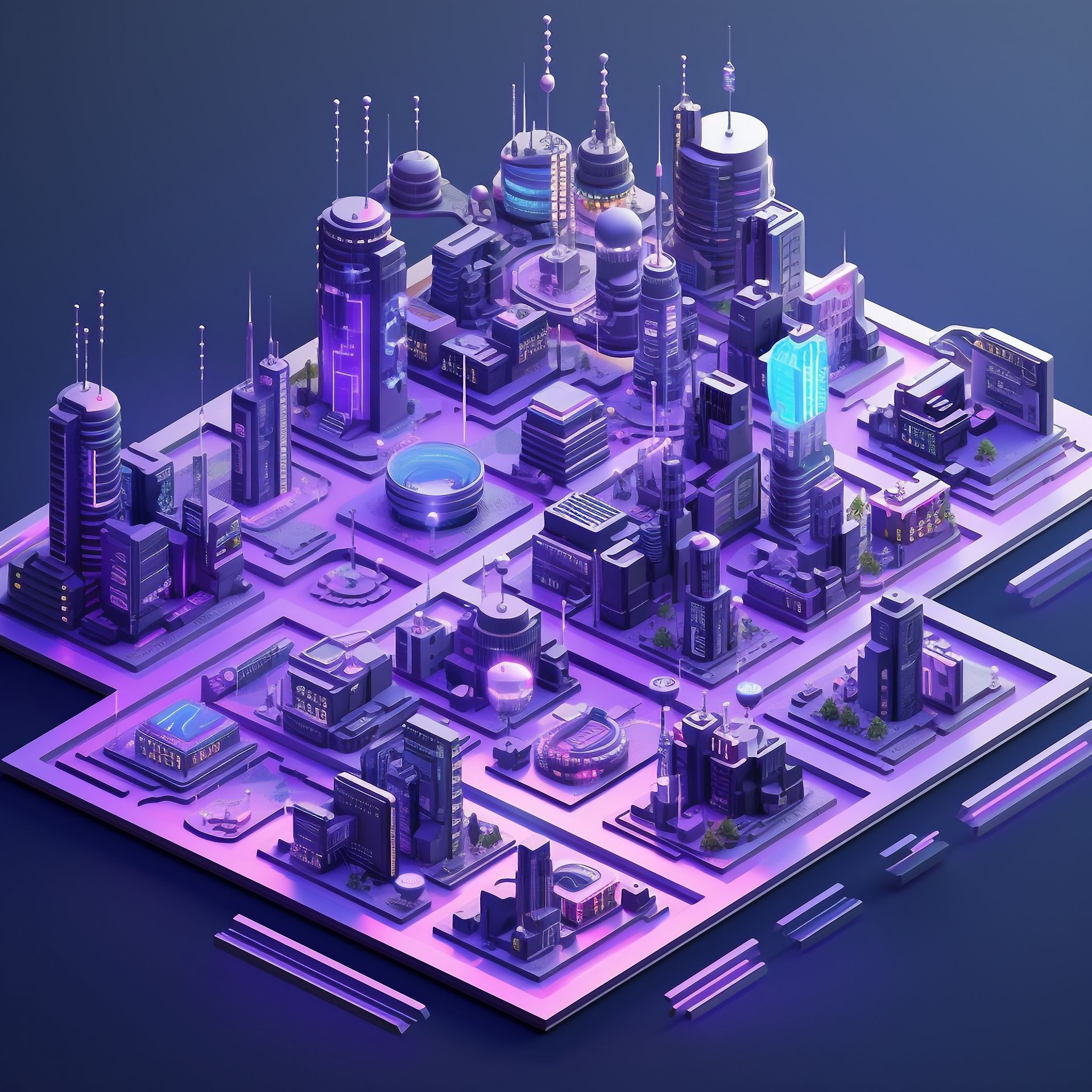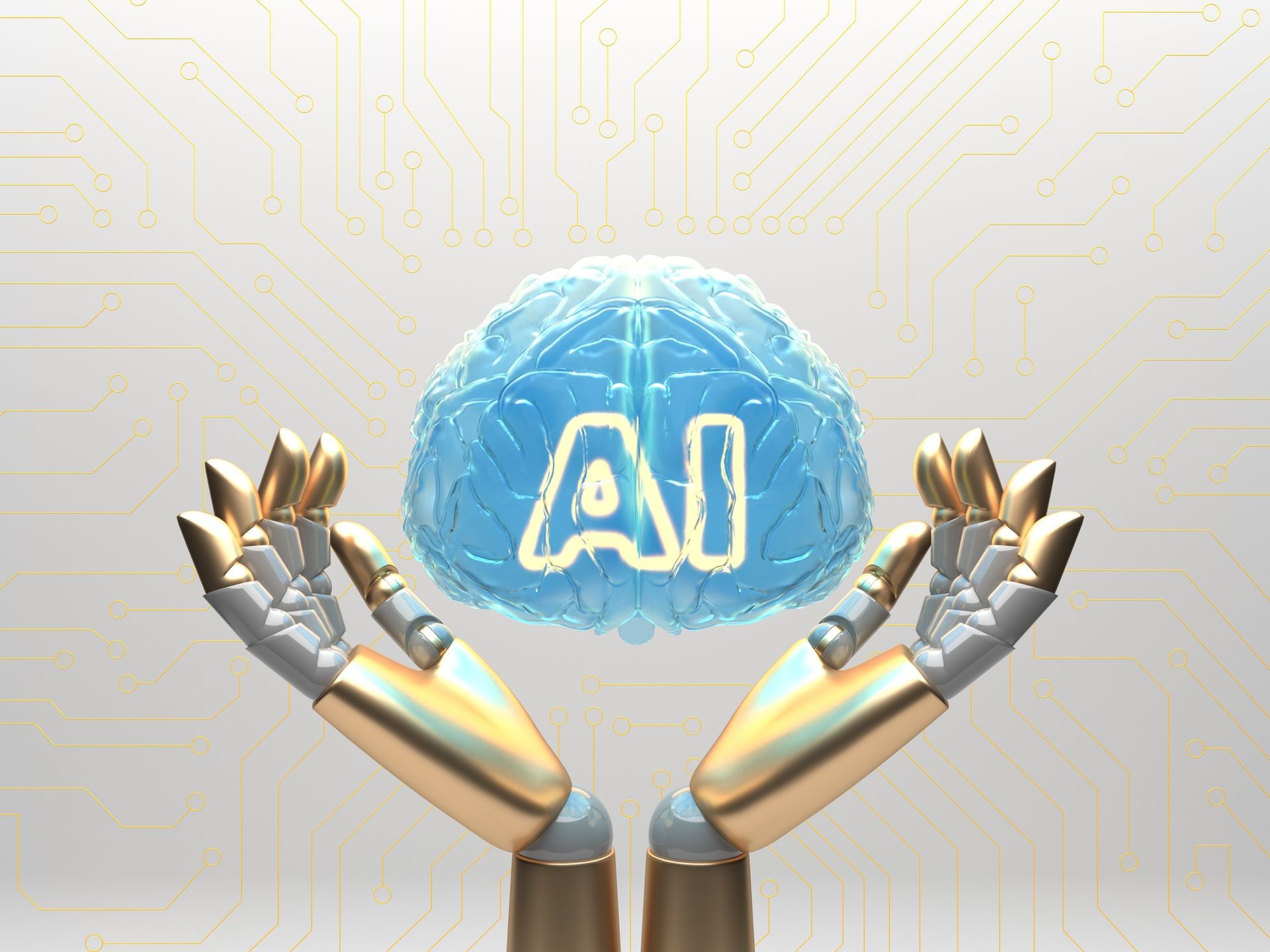Smart Cities: Harnessing AI and Open Data for Urban Sustainability
AI for Environmental Sustainability: Innovations and Applications

As urban populations continue to grow, the challenges of sustainability, efficiency, and livability become increasingly complex. Artificial Intelligence (AI) and Open Data are at the forefront of transforming cities into smart, sustainable, and resilient urban environments. The Global Open Data and AI Summit 2025 in London will delve into how these technologies are revolutionizing urban living, addressing critical issues such as traffic congestion, energy consumption, waste management, and public safety.
AI-Driven Traffic Management and Transportation Optimization
Traffic congestion is a persistent problem in cities, leading to increased pollution, wasted time, and reduced quality of life. AI-powered traffic management systems analyze real-time data from sensors, cameras, and GPS devices to optimize traffic flow and reduce congestion. These systems can dynamically adjust traffic signals, predict traffic patterns, and provide route recommendations to drivers, resulting in smoother and more efficient transportation networks.
Moreover, AI enhances public transportation systems by optimizing schedules, managing fleet maintenance, and improving passenger experience. AI-driven predictive maintenance can reduce downtime and extend the lifespan of public transit vehicles, while personalized service recommendations can enhance rider satisfaction.
Smart Energy Management in Urban Settings
Energy consumption in cities is a significant contributor to carbon emissions and environmental degradation. AI-driven smart energy management systems optimize energy usage by analyzing data from smart meters, sensors, and weather forecasts. These systems can predict energy demand, manage energy distribution, and integrate renewable energy sources more effectively, reducing waste and enhancing efficiency.
By leveraging Open Data, cities can gain insights into energy consumption patterns and implement strategies to promote energy conservation. The summit will showcase AI applications in smart energy management, highlighting how these technologies are contributing to the creation of sustainable urban energy systems.
Intelligent Waste Management Solutions
Effective waste management is crucial for maintaining clean and healthy urban environments. AI-powered waste sorting systems can accurately classify recyclables from non-recyclables, increasing recycling rates and reducing contamination in recycling streams. Additionally, AI algorithms can optimize waste collection routes, minimizing fuel consumption and operational costs.
In the context of the circular economy, AI facilitates the reuse and recycling of materials, promoting sustainable consumption and production patterns. The summit will highlight innovative AI solutions for waste management, demonstrating how these technologies are transforming urban waste practices into more sustainable processes.
Enhancing Public Safety with AI and Open Data
Public safety is a fundamental aspect of urban sustainability, and AI is enhancing safety measures through advanced surveillance, predictive analytics, and emergency response systems. AI-powered surveillance systems can monitor public spaces, detect unusual activities, and identify potential threats in real-time, enabling swift and effective responses to incidents.
Predictive analytics can forecast crime trends and allocate resources more efficiently, while AI-driven emergency response systems can optimize the deployment of first responders during crises. The summit will explore how AI and Open Data are being leveraged to improve public safety, ensuring that cities remain secure and resilient.
Promoting Green Spaces and Biodiversity with AI
Green spaces are essential for enhancing the livability and sustainability of urban areas, providing residents with access to nature, improving air quality, and supporting biodiversity. AI technologies can monitor the health of green spaces, manage irrigation systems, and assess biodiversity levels, ensuring that urban parks and gardens remain vibrant and sustainable.
By analyzing data on plant health, soil conditions, and weather patterns, AI systems can optimize maintenance practices and promote the growth of diverse plant species. The summit will discuss how AI and Open Data are supporting the preservation and enhancement of green spaces in cities, contributing to more sustainable and enjoyable urban living environments.
Conclusion
The Global Open Data and AI Summit 2025 is dedicated to exploring the transformative role of AI and Open Data in creating smart, sustainable cities. By addressing critical urban challenges through innovative technologies, the summit aims to inspire the development of resilient and livable urban environments that prioritize sustainability and quality of life.
Join us in London from March 26th to 28th, 2025, to engage with experts, discover cutting-edge AI applications, and contribute to the advancement of sustainable urban development. Register now at
www.godasummit.com and be part of the movement that is redefining urban sustainability through AI and Open Data.
Contact Information
GODA SUMMIT PR
Email:
pr@godasummit.com
Phone: +44 20 4547 5894
Connect with us @GODA SUMMIT on LinkedIn to continue the discussion
Event Information and Registration
Visit:
www.godasummit.com
Join the Conversation
Follow us on social media for the latest updates:
LinkedIn:
GODA-SUMMIT
Twitter (X): @GODASummit | #GODASummit2025
Facebook: GODASummit
Instagram: @GODASummit



















